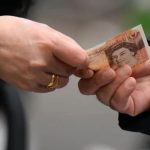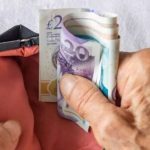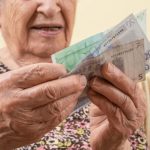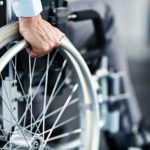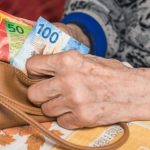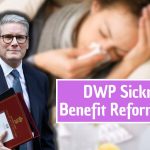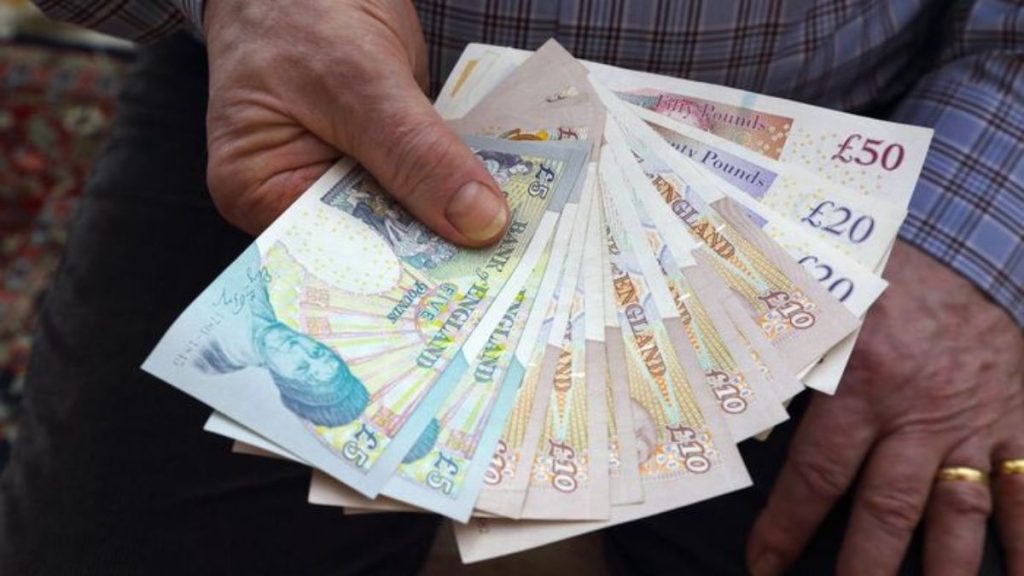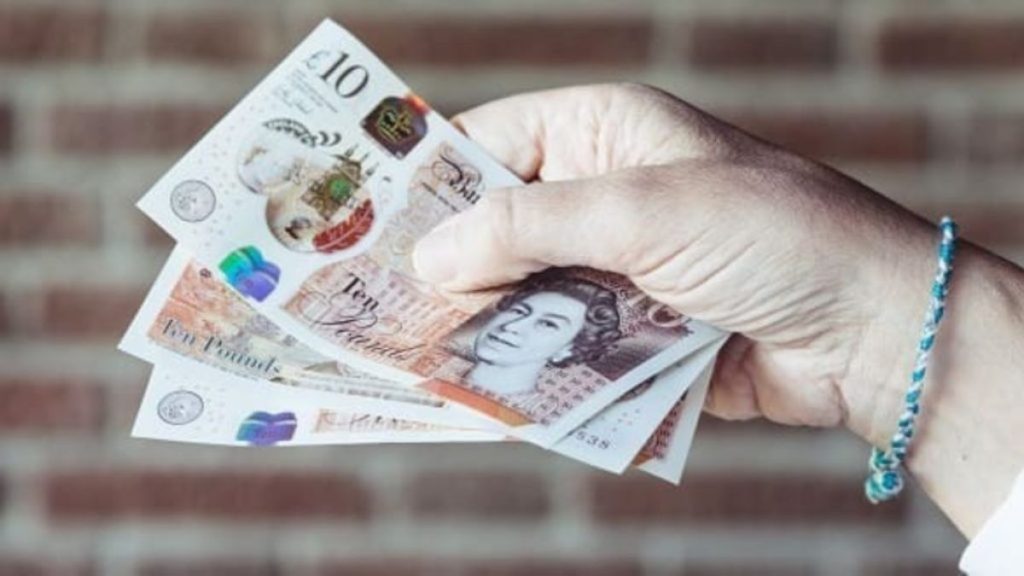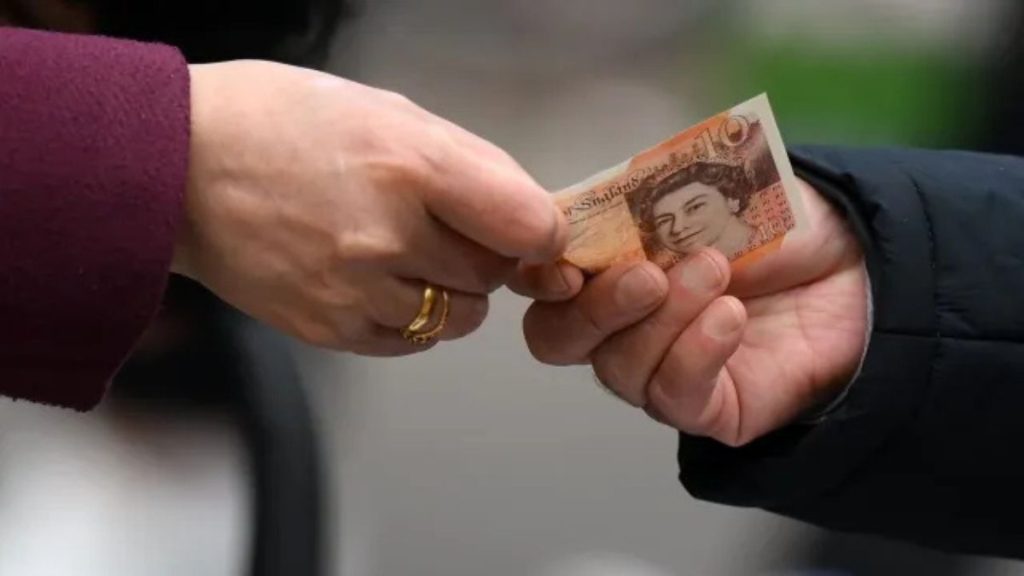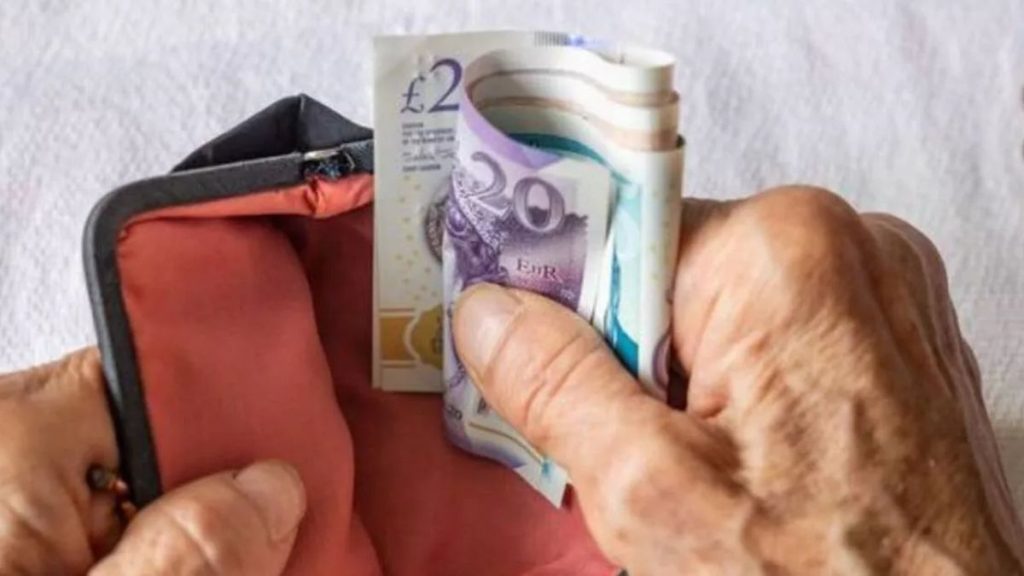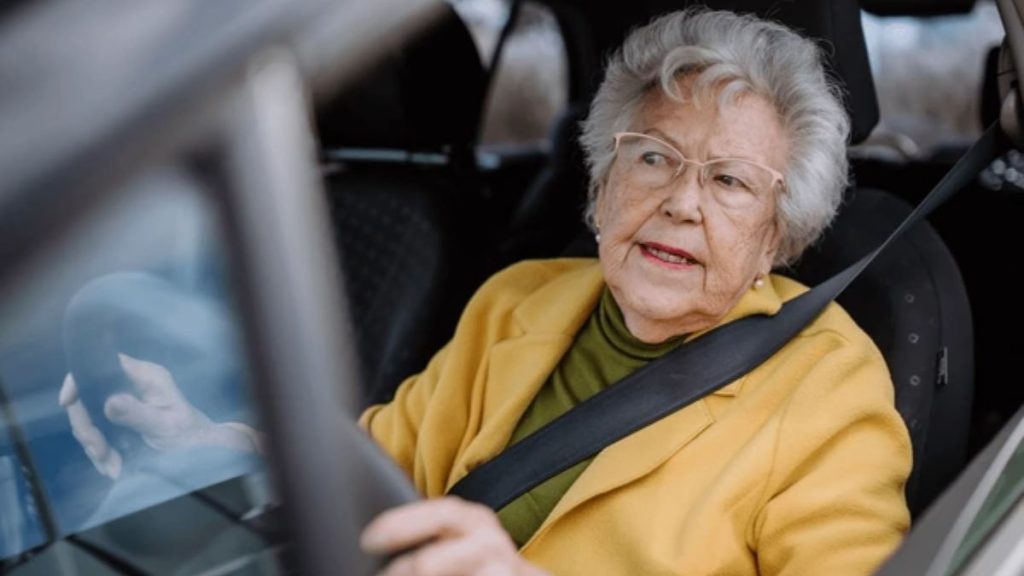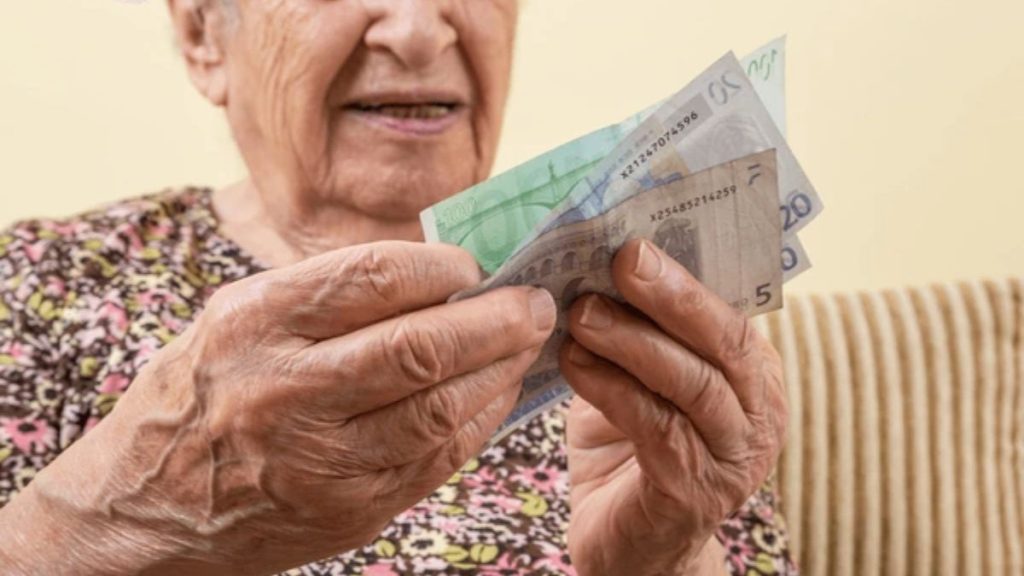As living costs continue to rise across the UK, millions of households are feeling the pressure of high food prices, soaring energy bills, and persistent inflation. To provide relief, the UK government has confirmed a new £450 Cost-of-Living Payment for October 2025, aimed at supporting low-income households and vulnerable individuals through the colder months.
The payment will be made automatically to most eligible claimants, helping ensure families, pensioners, and disabled individuals receive timely financial support without needing to apply separately.
What the £450 Cost-of-Living Payment Covers
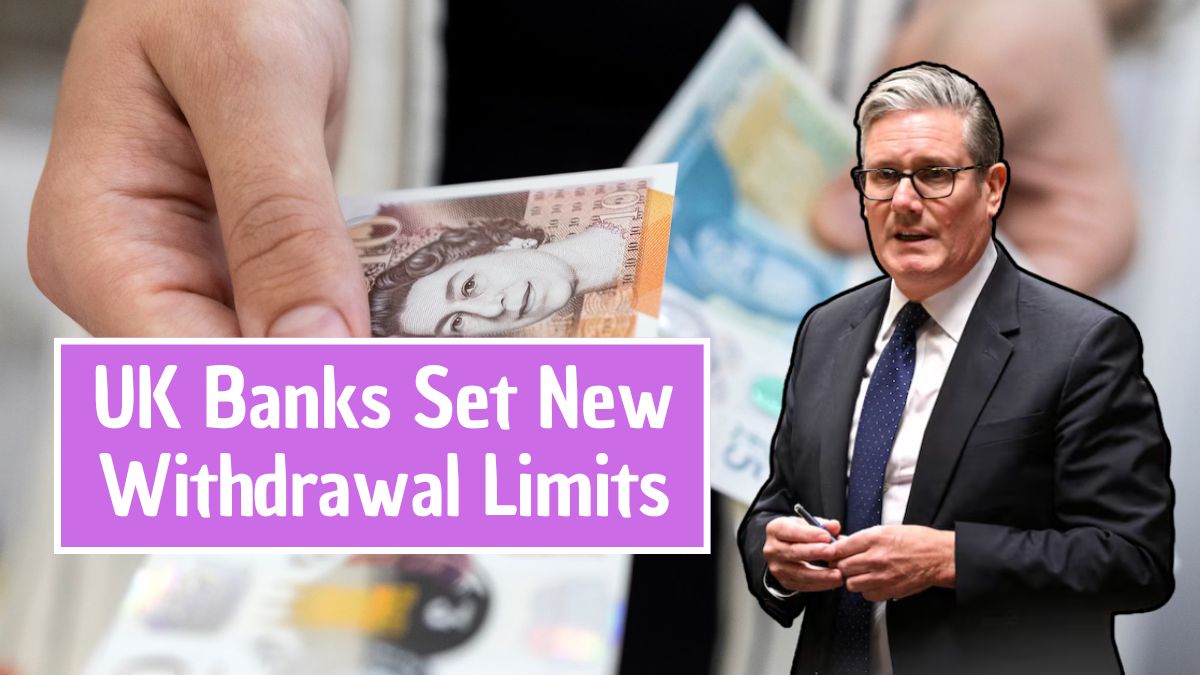
The £450 Cost-of-Living Payment is a one-off, tax-free grant from the Department for Work and Pensions (DWP). It’s designed to help households cover essential living costs, such as:
- Energy bills and heating costs
- Groceries and household goods
- Transport and basic services
Unlike other support programmes, this payment is not repayable and does not affect existing benefits. Its purpose is to provide immediate financial relief, particularly for those most impacted by inflation and seasonal expenses.
Why the Payment Is Being Introduced
The government has recognised that although inflation rates have started to stabilise, household budgets remain stretched. For many, especially pensioners and families on low incomes, energy and food prices continue to exceed pre-pandemic levels.
By issuing the £450 Cost-of-Living Payment, the DWP aims to:
- Help reduce household debt
- Support pensioners and vulnerable people through winter
- Provide short-term stability while broader economic recovery measures take effect
This initiative continues the government’s multi-year cost-of-living support programme, which first began in 2022.
How Much You Will Receive
Each eligible household or individual will receive a flat £450 payment.
This simplifies the process — everyone who qualifies receives the same amount, regardless of income level or family size.
The payment is non-taxable, and it will not be deducted from your Universal Credit or other benefit payments.
When Payments Will Be Made
Payments will begin rolling out from October 2025 and continue through November 2025.
The DWP and HM Revenue & Customs (HMRC) will distribute funds in phased batches, so payment dates may differ between claimants.
You can expect the payment to appear in your bank account under a reference containing either “DWP COL” or “HMRC Cost of Living”.
If you receive your regular benefits from DWP (like Universal Credit or ESA), your payment will come directly from them. If you receive Tax Credits, your payment will come from HMRC.
Who Is Eligible for the £450 Payment
The £450 Cost-of-Living Payment is intended for people receiving certain means-tested benefits. You may qualify if, during the eligibility window (to be confirmed by the DWP), you were receiving one of the following:
- Universal Credit
- Income-based Jobseeker’s Allowance (JSA)
- Income-related Employment and Support Allowance (ESA)
- Income Support
- Pension Credit
- Working Tax Credit or Child Tax Credit (administered by HMRC)
If your benefits application is backdated to include the qualifying period, you may still be eligible even if approval occurs after the payment window begins. Always check your benefit award letter or online account to confirm your entitlement.
Pensioners and the £450 Payment
Pensioners receiving Pension Credit will automatically qualify for the £450 payment.
However, many eligible pensioners are still not claiming Pension Credit, which means they risk missing out on this additional support. If you’re a pensioner with a low income, it’s essential to:
- Apply for Pension Credit before the DWP’s deadline, as backdated claims may still make you eligible.
- Check your entitlement online or by contacting the Pension Service.
This payment, combined with Winter Fuel Payments and Warm Home Discounts, will help pensioners manage their winter expenses more comfortably.
How to Claim the £450 Payment
For most recipients, no application is required. The DWP and HMRC will automatically issue payments to those who qualify based on existing benefit records.
You do not need to register, provide additional forms, or reapply for your benefits.
If you believe you qualify but do not receive the payment by 30 November 2025, you should contact:
- The DWP if you claim Universal Credit, ESA, JSA, Income Support, or Pension Credit
- HMRC if you claim Working or Child Tax Credits
Always use official GOV.UK contact channels and verified phone numbers to avoid scams.
Avoiding Scams and Fraud
As with previous cost-of-living payments, scammers may attempt to exploit the announcement. Remember:
- The government will never ask for bank details or a fee to release your payment.
- Ignore texts, emails, or calls claiming to “speed up” or “confirm” your payment.
- Only visit www.gov.uk for official updates.
- Report suspicious activity to Action Fraud or via the GOV.UK scam reporting service.
Being cautious ensures your payment and personal details remain secure.
Checking and Updating Your Bank Details
To ensure smooth delivery of the £450 payment:
- Confirm that your bank details on file with the DWP or HMRC are correct.
- If you’ve changed your account, update your details immediately via your online benefits account or the official helpline.
- Incorrect or outdated information could cause delays or require manual verification before payment is made.
What To Do If You Don’t Receive the Payment
If you haven’t received your payment by the end of November 2025, take the following steps:
- Check your bank statement carefully — look for entries marked with “DWP” or “HMRC Cost of Living Payment.”
- Review your benefit status to ensure you were eligible during the qualifying period.
- If still unpaid, contact the relevant department using official GOV.UK links.
Most missing payments are resolved quickly once verified.
Impact on Other Benefits and Taxes
The £450 payment will not affect any existing benefits. It’s a separate, tax-free amount that won’t count as income when calculating eligibility for:
- Universal Credit
- Housing Benefit
- Council Tax Reduction
- Tax Credits or Pension Credit
This ensures you receive the full amount without reducing your current entitlements.
Additional Help Available
The £450 Cost-of-Living Payment is part of a wider network of support available throughout winter 2025, including:
- Winter Fuel Payments for pensioners
- Warm Home Discount Scheme for eligible energy customers
- Household Support Fund (through local councils)
- Cold Weather Payments during extreme cold periods
Combining these programmes can significantly reduce your energy and living costs.
Tips for Using the Payment Wisely
While the £450 payment provides relief, managing it carefully can make the biggest impact. Financial experts suggest:
- Prioritise energy and rent payments before discretionary spending.
- Use a portion for emergency savings or unexpected bills.
- Seek free budgeting advice from organisations like Citizens Advice or StepChange.
- Check local councils or charities for additional support schemes in your area.
Looking Ahead: Future Cost-of-Living Support
The government has confirmed that it will continue reviewing cost-of-living pressures into 2026, with further targeted aid possible if inflation remains high. This could include updates to Universal Credit rates, energy rebates, or additional one-off payments.
To stay informed, sign up for updates through GOV.UK or follow verified DWP social media accounts.
(5) FAQs
1. When will the £450 Cost-of-Living Payment be made?
Payments begin from October 2025 and continue through November 2025. Rollouts are phased, so dates vary by claimant.
2. Who is eligible for the payment?
People receiving benefits such as Universal Credit, Pension Credit, Income Support, ESA, JSA, or Tax Credits will qualify automatically.
3. Do I need to apply for the payment?
No. If you’re eligible, the payment will be made automatically to the same bank account where you receive your benefits.
4. Will the payment affect my other benefits?
No. The £450 Cost-of-Living Payment is tax-free and does not affect any existing entitlements.
5. What should I do if I don’t receive the payment?
If unpaid by 30 November 2025, contact DWP or HMRC through official GOV.UK channels for assistance.

